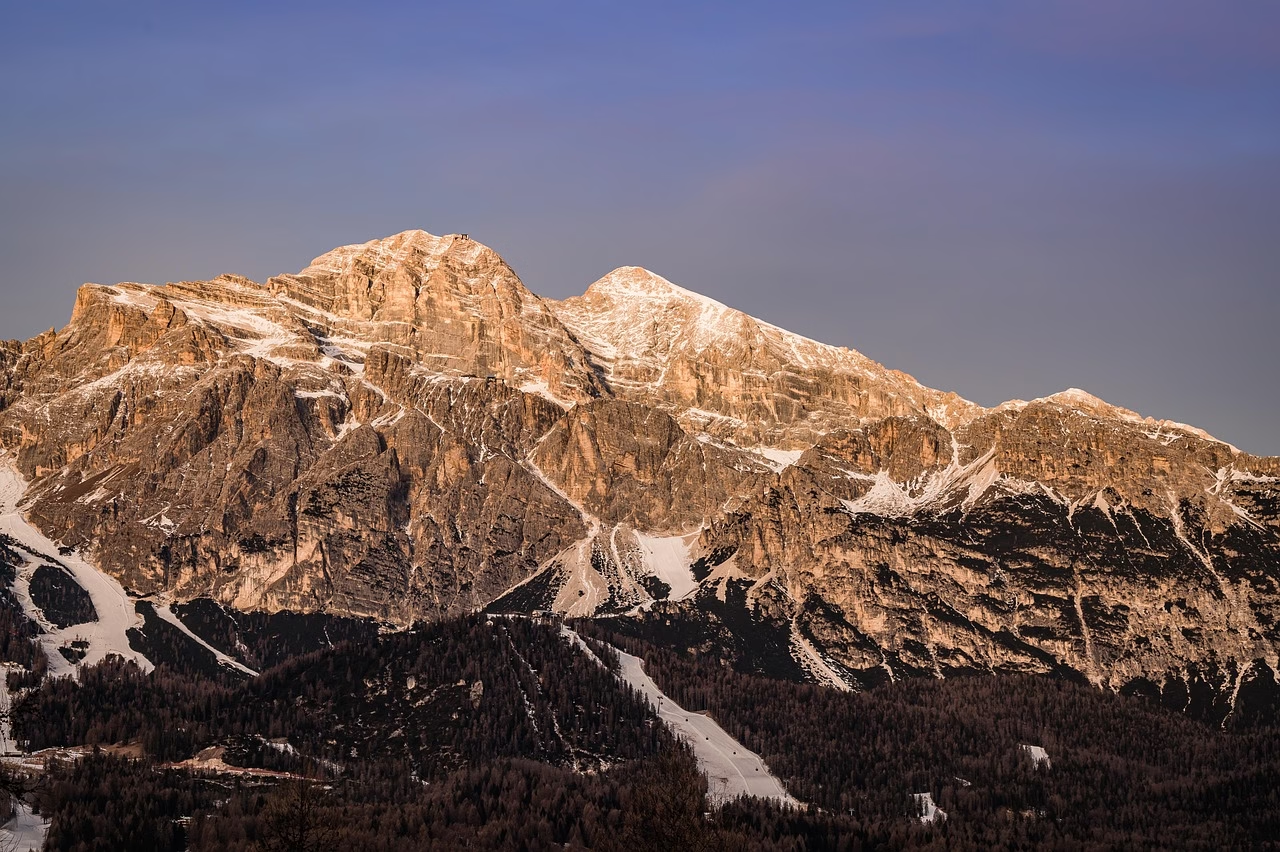The engine cooled beneath the crystalline chill of a Namibian night. From the remote desert campsite, the silence was absolute—a velvet hush broken only by the wind whispering through tumbleweed and the syncopated chorus of hidden crickets. Looking up, the heavens unraveled a story millennia in the making, each star a luminous relic etched into the cosmic fabric. This wasn’t just travel; this was a ritual as ancient as storytelling itself.
“To stand in the shadow of infinity, dwarfed by a galactic river, is to remember what it means to wonder—utterly, and without defense.”
Across the world, more and more travelers are surrendering to this call of the night sky. Astro tourism—once a niche pursuit of telescope-toting academics and backyard stargazers—has ignited into a global movement. It’s driven, in part, by our search for awe, escapism, and connection to the universe, as well as by another more urgent force: the retreat of true darkness. In the age of artificial light, stargazing has become an act of resistance, a journey in search of lost magic.
Since I began chronicling my own odyssey beneath the stars, remote hamlets and obscure wildernesses have emerged as sanctuaries for the celestial curious. From the thunderous silence of Chile’s Atacama Desert to the frost-bitten tundra of Norway’s Lofoten Islands, the world’s last dark-sky reserves are fast becoming bucket-list epicenters—and not just during scheduled cosmic events like solar eclipses or meteor showers.
There was the time I stood atop Mauna Kea in Hawaii, 4,000 meters above the surf, literally catching my breath both from the altitude and the astral spectacle overhead. Each summit—and each struggle with thin air—felt like a baptism. On another night, amid the basaltic wilds of Iceland’s Highlands, the aurora unfurled like a chorus of spectral dancers. The universe, in all her icy wildness, painted stories unseen in daylight.
Astro tourism isn’t simply about looking up, but about looking within. Under these skies, I find myself stripped of pretense, my worries shrinking into stardust insignificance. There’s a shift that happens when you perceive how brief and luminous a life—and a civilization—really is against the cosmic clock.
In the company of strangers who’ve traveled halfway around the world for a glimpse of cosmic grandeur, bonds form in the hush between shooting stars. One evening on a salt flat in Bolivia, I watched as a teenage girl from Seoul gasped seeing the Milky Way with her naked eye for the first time—a reaction pure and contagious, setting off a celebration of laughter among the gathered nocturnal pilgrims.
Yet, astro tourism is more than a personal reverie; it’s a conservation movement in disguise. Light pollution wipes out entire constellations nightly, a crisis often ignored in guidebooks. The quest for darkness transforms travelers into stewards. International dark-sky communities in regions from the Scottish Isles to the deserts of Utah are now drawing curious souls to protect the ink-black canvas above.
These places offer the rare luxury of cosmic perspective. They remind us that, even in a hyper-connected age, there are still secrets held only by the night.
“To journey for the stars is to reclaim the world’s wildness, and your own sense of humility, wonder, and hope.”
Now, when I travel, I seek out the world’s last true shadows. I pack my curiosity, a thick scarf, and the coordinates of a dark-sky reserve, feeling the familiar anticipation stirring in my chest. When the campfire dies and companions settle into the hush, I tilt my head skyward—no longer the observer, but a participant in an unfolding cosmic drama.
Every traveler who pursues the night sky becomes both keeper and witness. We carry the memory of those infinite canvases home with us, quietly changed, our eyes adjusting forever to a bigger, older, and more mysterious universe.





